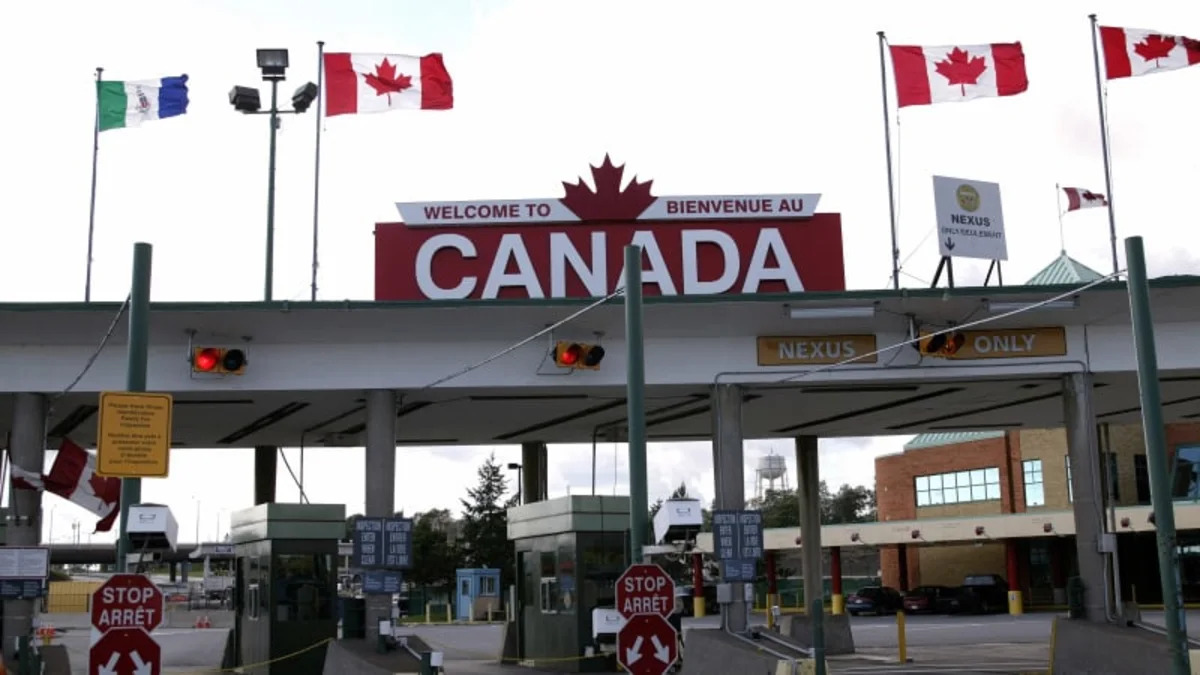Driving north into Canada? No worries, your U.S. auto policy will also provide coverage across the border. Here are a few insurance-related things you'll want to consider.
Canadian car insurance requirements
If you're headed into Canada from the U.S. for a day, a week, or even six months, your own auto insurance policy will probably be all you need to cover you. Canada and the United States have reciprocal laws recognizing each other's vehicle insurance. That means the same auto policy you drive with at home will also protect you - and with the same coverage, limits, and liabilities - when you visit Canada. So, if you have a policy with $100,000 bodily injury coverage in the U.S., you'll have $100,000 bodily injury coverage in Canada, too.
Tourist status required
According the U.S. State Department, your U.S. insurance is valid as long as you have tourist status in Canada. That means you are covered by your U.S. policy as long as you don't stay too long. As a U.S. citizen, you can enter Canada without a visitor's visa and stay for up to six months. If you enter without a visitor's visa and drive out within 180 days, using your U.S. auto insurance is fine. However, if you overstay your time, you are no longer considered a tourist, but someone driving in the country illegally, so the reciprocal insurance law no longer applies.
Non-resident insurance card
The Canadian government asks that you obtain a special card to use as proof of insurance during your trip. Ask your insurer for a "non-resident inter-provincial motor vehicle liability insurance card" and bring it with you into Canada. It takes 5 to 7 business days for the card to arrive, so be sure to request it way ahead of time so you have it in hand when you cross the border. The Canadian government will not accept faxed copies of cards. However, as an alternative, you can carry your insurance policy itself, or even just your U.S. insurance card.
Other things to consider
Some auto insurance policies include "general travel insurance," providing extra protection to Americans who visit Canada or other countries. This type of coverage pays for unexpected problems that arise during your trip. For example, it could cover emergency medical issues and replacement of lost or stolen luggage.
If your car insurance doesn't include travel insurance, call your insurer and ask whether it's possible to add this type of protection to your current policy. If not, find an insurance company that specializes in general travel insurance and purchase a separate policy. Travel insurance is also available through travel agencies. Rates vary depending on factors like your destination, your age, your driving record, and how far you intend to go on this particular trip into Canada.


Sign in to post
Please sign in to leave a comment.
Continue